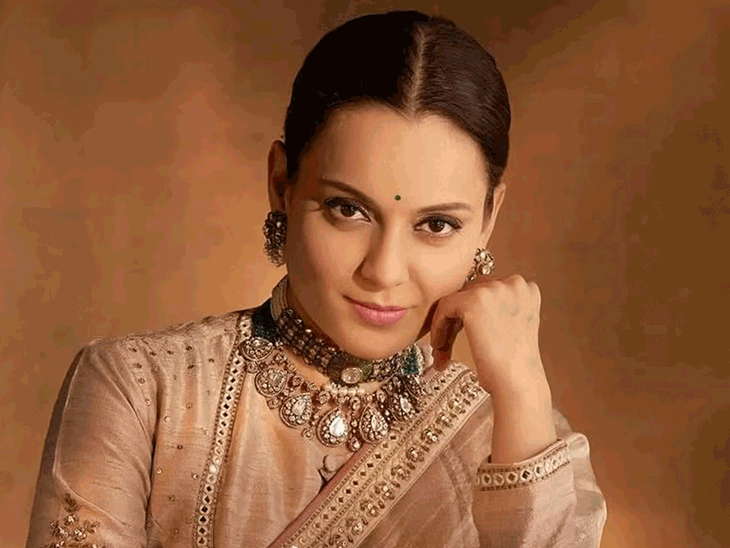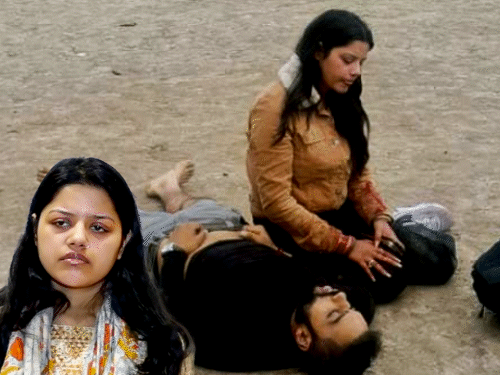- Hindi news
- Opinion
- Palki Sharma’s Column India is now moving towards Leadership of the ‘Global South’
51 minutes ago
- Copy link

Palki Sharma Managing Editor Firstpost
Prime Minister Narendra Modi recently completed a remarkable journey of eight days of Ghana, Trinidad and Tobego, Argentina, Brazil and Namibia. It was not only a diplomatic marathon, but also a clear declaration of India’s intentions. In this era of global changes and competition of superpowers, India is moving towards the leadership of Global South.
Many bilateral meetings, participation in the BRICS conference and four national honors- Modi’s visit has been effective in many ways. But it contains another big story. It is the plot of strategic ambitions, geopolitical messages and India’s role on the global stage.
1. Modi gave a clear message in a world in which terrorism victims and sponsors are often distinguished. Without naming anyone, he insisted on not doing politics on terrorism. This was indirect but infallible target on Pakistan. He repeated it again and again in every public address, not once. This was also Modi’s second major foreign visit to this operation vermilion, which gave India an international platform to raise support against terrorism.
2. India has been highly dependent on China on important minerals like Lithium, Rare Earth and copper. It is necessary to reduce dependence when China is using trade as a weapon. It is here that Ghana and Namibia are necessary for us. Ghana has diamonds, manganese and lithium reserves. Namibia has uranium, copper and gold. In both countries, Modi has spoken about great cooperation, especially in the field of diamonds. This is a steps taken towards such a new supply chain strategy, which also has mineral protection and also reduces our dependence on China.
3. Another important objective of this visit was to strengthen India’s leadership in developing countries. These countries present in Africa, Asia and Latin America have a shared colonial past and often are counted among the economic disparity and low -representing countries. Modi, indicating this shared history, emphasized the improvement in global institutions. He spoke not only geopolitical, but also on the basis of civilized sympathy. India can do this very well due to its own colonial history.
4. India’s role in the BRICS is often seen with glasses of caution. While China and Russia want a complete reversal in the global system, India advocates internal reforms. Modi was not effective only in this summit because Putin and Xi Jinping were non-existence there, but because he played the role of skilled Statesman. India is making a middle way in polarization in the world, which is reformist, but not revolutionary. Is collaborative, not fighter. This path is difficult, but it can also give India the ability to build a bridge of balance between East and West.
5. The Indian community in Global South is making a major tool of our foreign policy. From Ghana to Trinidad and Tobago- where the population of people of Indian origin is up to 40 percent- Modi connected local communities in both symbolic and policy ways. This attitude of Diaspora-First makes lively contact with people a state policy.
These countries were also selected with understanding. In most of these countries, no Indian Prime Minister has visited for decades. No PM had gone to Ghana for 30 years and Argentina for 57 years. China has already infiltrated most of African and Latin American countries by giving loans to most of the American countries. India cannot match China’s investment, but can definitely give them a sustainable option. A colleague who does not demand loyalty in turn.
As Modi said during the journey, Global South is no longer a group of struggling economies. Its countries are young and resource-rich, which are two-thirds of the United Nations. Where they do not have any organized voice of their own, India is giving them leadership- whether it is relief from debt, climate change or terrorism struggle.
Global South is no longer a group of struggling economies. Its countries are young and resource-rich, which are two-thirds of the United Nations. Where he does not have any organized voice of his own, India is giving him leadership. (These are the writer’s own views)









Leave a Reply